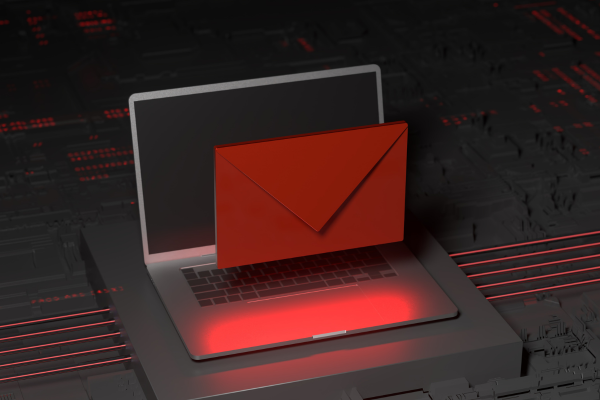
Safeguarding Your Business: A Guide to Email Encryption
In a digital era where cyber threats loom large, it’s surprising that only 35% of businesses have extensive email encryption in place. The low adoption rate might stem from a lack of understanding. Let’s delve into the basics of encrypted emails and explore how to fortify your sensitive information.
Decoding Encrypted Emails
An encrypted email is a secure message achieved through cryptography, making it indecipherable to unauthorised parties. Cryptography employs complex mathematical procedures, rendering the original message unreadable without the decryption key. This layer of security is crucial in the exchange of sensitive information, especially in today’s cyber-threat landscape.
There are two primary types of email encryption:
- Symmetric Encryption: Uses a single key for both encryption and decryption, requiring key sharing between sender and recipient in advance.
- Asymmetric Encryption: Utilises a public key for encryption and a private key for decryption. The public key can be shared openly, while the private key must remain confidential.
Implementing Email Encryption
For those considering incorporating email encryption into daily business practices, here are common methods:
- Third-Party Encryption Service: Utilise services providing public and private keys for encryption.
- Email Provider Encryption Features: Leverage built-in encryption options offered by most email providers.
- Self-Signed Certificate: Generate your own certificate using tools like OpenSSL for encryption without third-party services.
Why Prioritise Email Encryption?
Encrypting emails offers a multitude of advantages, enhancing privacy, security, compliance, authentication, and non-repudiation:
- Privacy: Safeguard sensitive information from prying eyes, crucial when dealing with financial data or medical records.
- Security: Prevent hackers from intercepting and reading confidential emails, ensuring the success of your business.
- Compliance: Fulfil industry regulations mandating encryption, such as HIPAA in healthcare, to protect clients and uphold standards.
- Authentication: Verify the legitimacy of both sender and recipient, thwarting fraud and ensuring confidential data reaches the right hands.
- Non-Repudiation: Ensure senders cannot deny sending an email, vital for business and personal accountability.
Additional Tips:
- Confirm recipients have the necessary decryption software.
- Be mindful of potential email transmission delays due to encryption.
- Note that not all email providers support encryption.
Embracing encrypted emails is not just about safeguarding information; it’s about fortifying your business against potential data breaches. To explore how you can seamlessly integrate this into your IT services, contact us contact us today!


